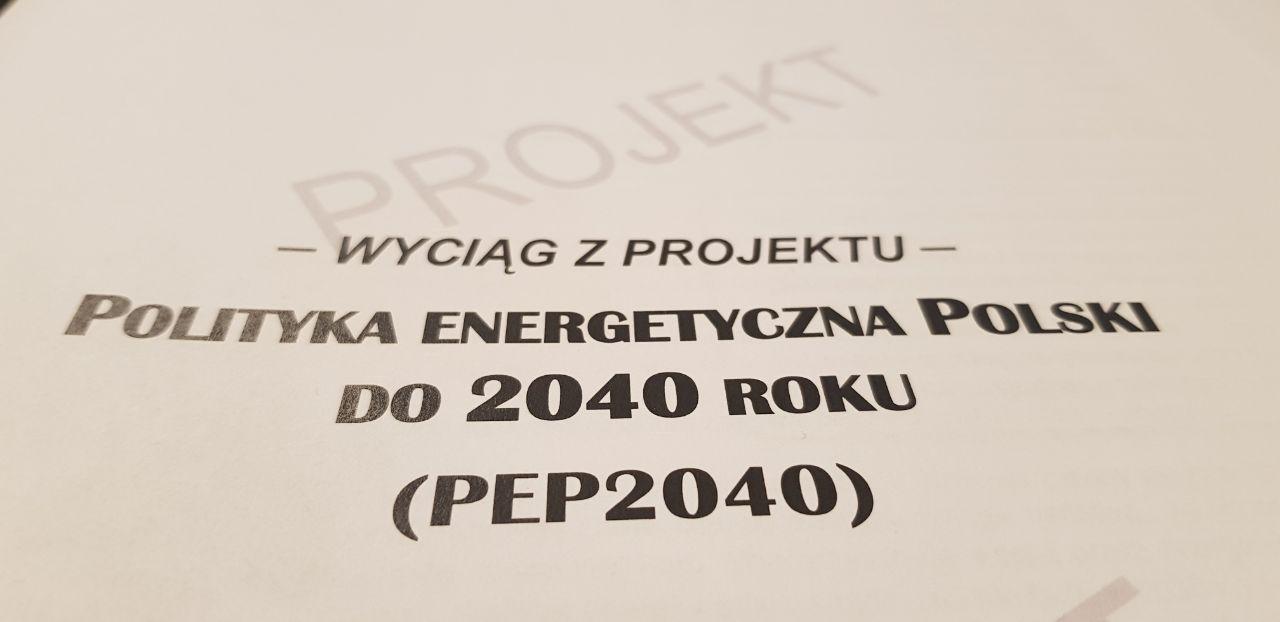The social agreement and Poland’s Energy Policy Until 2040 (PEP2040) will outline the rate at which coal will be phased out, but this will depend on how renewables and nuclear power grow. Their expansion is dependent on the PEP2040, which has yet to be amended because of disagreements among the ruling coalition.
„Energy security as defined by the International Energy Agency and others, is about secure deliveries at acceptable price. In 2022 we managed to deliver fuels, but not at an acceptable price. The price of coal increased by PLN 2,000 per ton,” the CEO of Polska Grupa Górnicza (Polish Mining Group, PGG) Tomasz Rogala reminded at the Polityka Surowcowa Państwa 2023 conference. „If this equivalent of coal produced in Poland was replaced with imported coal, it would cost over PLN 48 billion, for which we would have to reach into the pockets of citizens and businesses,” he said.
„We need to be aware of what will happen if supply chains are disrupted and we cannot import the raw materials we need,” Rogala warned. „The focus must be on sustainable transformation and on securing energy sources for the duration of the transition. Once there are sources that allow us to organize deliveries in a continuous manner and at an acceptable price, it will be possible to move away from coal,” added the guest of the conference.
According to him, changes in technology and energy consumption will translate into demand, which in 2022 amounted to 8.4 billion tons of coal globally, for which there is still a market. „That’s an increase of 4.6 billion tons. This is a consequence of the increase in wealth,” said the president of PGG. „If consumption does not stop growing, then emissions do not need passports, and our actions will not produce results due to lack of solidarity,” he added, referring to countries that do not pursue such ambitious climate policies as Europe.
„The EU’s trade balance with China today is minus EUR 396 billion. A year earlier, it was minus 250 billion,” Rogala said. „It is necessary to secure critical raw materials for the needs of the energy transition, broadly speaking. The Ministry of Climate and Environment has made efforts to secure and identify critical raw materials. We need to replace hydrocarbon mining with rare earth mining,” he added, referring to the raw materials needed for the transformation, such as neodymium magnets used in wind turbines.
„To coal phase-out program detailed in the social contract is linked to the extraction plan included in the Energy Strategy. We will steadily decrease coal production in line with these documents, as new energy sources, RES or the atom, start to emerge,” Rogala said. „The pace of their growth will determine the level of coal production. As of today, this plan is in government documents and says exactly how much coal will be needed. This is important to ensure the lowest production cost, which determines the essence of this business, i.e. the ability to sell everything that has been produced,” he explained.
The government’s social contract with the miners stipulates that the last PGG coal mine will be shut down in 2049. According to the PEP2040 update seen by BiznesAlert.pl, in 2040 the participation of coal in energy generation will drop to 8 percent from the current 70. This precipitous drop is to be possible thanks to the nuclear-renewables duet, which in the end is to be responsible for 74 percent of power generation in Poland in 2040. However, the update is the subject of political debate within the United Right and has been waiting for the government to adopt it since March.
Wojciech Jakóbik









